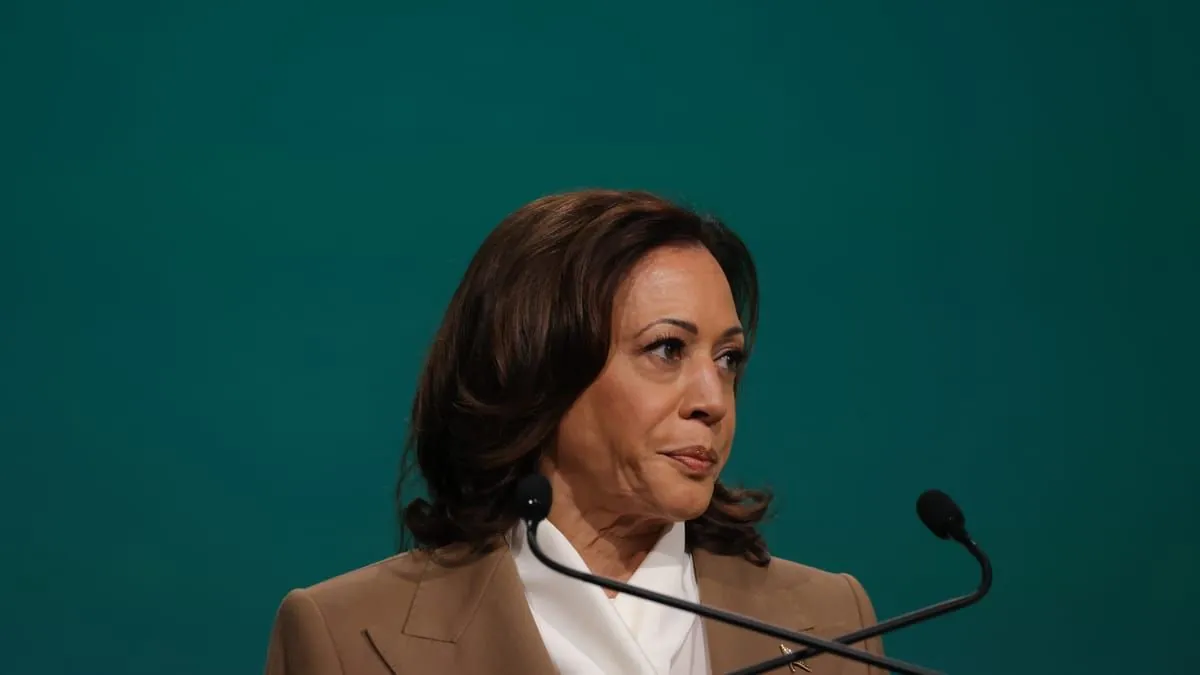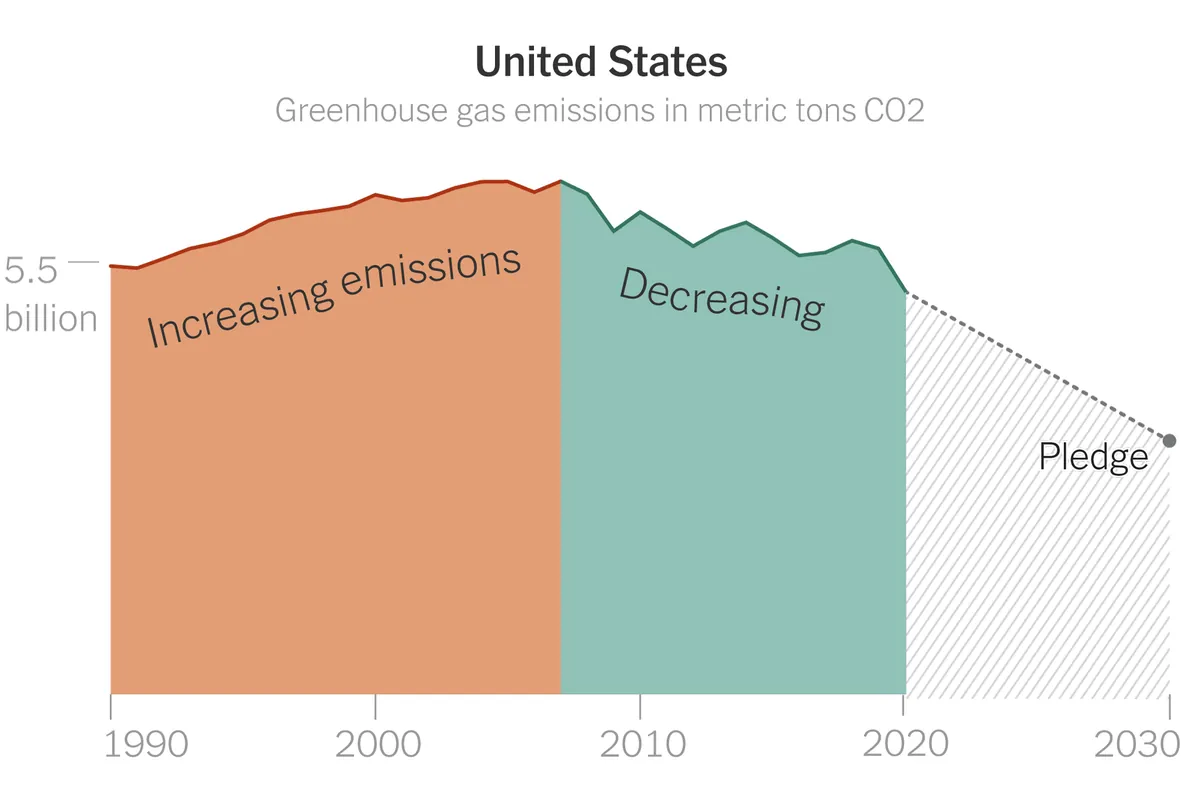Harris' Climate Conundrum: Balancing Ambition and Pragmatism in 2024 Race
As the 2024 U.S. election approaches, Vice President Kamala Harris faces the challenge of addressing climate change while appealing to diverse voter bases. Her potential presidency could significantly impact global climate efforts.

In the lead-up to the 2024 U.S. presidential election, the stark contrast between candidates on climate change has become increasingly apparent. While former President Donald Trump has dismissed climate concerns, Vice President Kamala Harris has emphasized its critical nature. However, Harris' current approach to climate policy remains strategically ambiguous, balancing the need for action with political pragmatism.
Harris has been cautious in her public statements, referring to climate change as a "crisis" but avoiding detailed policy discussions. This approach aims to maintain support in key swing states, particularly those with significant fossil fuel industries. However, if the Democrats secure both the White House and Congress, Harris could potentially pursue a more ambitious climate agenda.
The United States, as the world's second-largest polluter after China, faces significant challenges in meeting its emission reduction targets. The current goal, set by President Joe Biden, aims for a 50-52% reduction in greenhouse gas emissions by 2030 compared to 2005 levels. However, projections indicate the U.S. is on track to achieve only a 35-43% reduction, according to the Environmental Protection Agency.
To bridge this gap, a potential Harris administration would need to consider various policy tools:
- Expanding subsidies for green technology
- Implementing stricter regulations on carbon emissions
- Introducing carbon pricing mechanisms

While carbon pricing is often considered the most efficient method, its political feasibility remains uncertain. Harris previously supported this approach during her 2019 campaign for the Democratic nomination, proposing a dividend system to offset increased costs for households.
Internationally, a Harris presidency could play a crucial role in global climate efforts. The focus would likely be on supporting developing countries in their transition to greener economies. This approach aligns with the Group of Seven's existing plans and could involve:
- Implementing a "clean energy Marshall Plan" to promote U.S.-made green technology
- Expanding the capacity of multilateral development banks to fund green initiatives
- Enhancing trade policies to support global green industrial development
"Vice President Harris understands the importance of investing in poorer countries as part of her work on tackling the root causes of migration from Central America."
As the planet continues to warm, the need for decisive climate action becomes increasingly urgent. A potential Harris presidency represents an opportunity for ambitious climate leadership, but the extent of its impact will depend on domestic political realities and the willingness to engage in global cooperation.


































